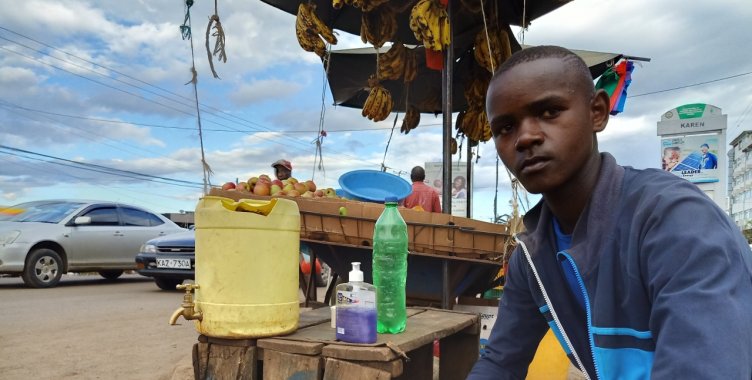"In fact, according to the revised OGE statement of reasons, prepared by the Ministry of Finance, the biggest contraction of the Angolan economy in the last 38 years is projected, with GDP contracting -3.6 percent", says Cedesa, in an analysis of the revised OGE of Angola, to which Lusa had access.
However, the group of Portuguese and Angolan academics who are part of that entity, consider that “if the revised OGE foresees a price of 33 dollars per barrel [of oil] and this is going to be above 40 dollars, it may rise” this “means that there is some room for maneuver for the Government "to make necessary reforms.
The value of $ 33 per barrel of oil, the main source of revenue for the economy, on the basis of which the OGE revision was drawn, is a value "merely indicative, since many of the oil contracts are already with prices previously established and do not depend on oscillations ", the report highlights.
In addition, "there seems to be a tendency to have a price above 40 dollars, at the same time that, in the short term, there is no reason not to start an increase in demand for oil linked to the recovery of world economies".
All of this is linked to "the increasingly intense instability in the Persian Gulf and the problems in Venezuela", the academics enumerated in the report.
All these factors combined "could contribute to some pressure towards the rise in the price of oil", they conclude in the document, warning, however, that this increase "should not be so accentuated that it will flood Angola with petrodollars again".
According to the OGE, the big drop in GDP is caused by oil and, "ironically", it is the other sectors of the economy that end up containing the fall, highlights the analysis.
Thus, Cedesa, refers that the GDP of the hydrocarbon sector (oil and gas) will contract by 7.0 percent, while the average growth rate projected for the other sectors stood at -2.1 percent, to consider that "it is easy to see that the big fall in GDP is caused by oil and that it is the other sectors that still hold the fall".
In the report, with the title: "The revision of the General Budget and the reform of the Angolan economy", Cedesa also highlights the projections that point to a fiscal deficit equivalent to 4.0 percent of GDP, which represents an increase of 5 , 2 percentage points compared to the amount provided for in the initial OGE for this year.
In this way, "the primary balance is expected to be around 2.2 percent of GDP, a figure lower than initially projected by 4.9 percentage points. The current Budget figure reflects a 15.7 percent reduction compared to the OGE Initial 2020 ".
"Naturally, a smaller OGE, reflects a smaller economy", underlines Cedesa.
Another aspect that academics highlight in the document is the fact that the State will spend more on the social sector than on interest on public debt, "not so much because Angola has increased social expenditure, but that payment has decreased public debt, the result of negotiations with China, which apparently granted a three-year capital and interest moratorium ".
Thus, "both the budgeted price for oil and the position of China allow Angola, despite the intense economic recession in which it finds itself, to still have room for maneuver to definitively reform its economy", they conclude.
As for the reforms that are needed in Angola, the report points to the “eradication of great corruption, liberalization of market access, effective promotion of private investment, intensification of domestic production, direct transfers subject to educational or sanitation conditions for the most disadvantaged populations. ".
Cedesa is an international entity dedicated to the study and investigation of political and economic issues in Southern Africa, in particular Angola, which was born out of an initiative of several academics and experts who met in the ARN (Angola Research Network).







